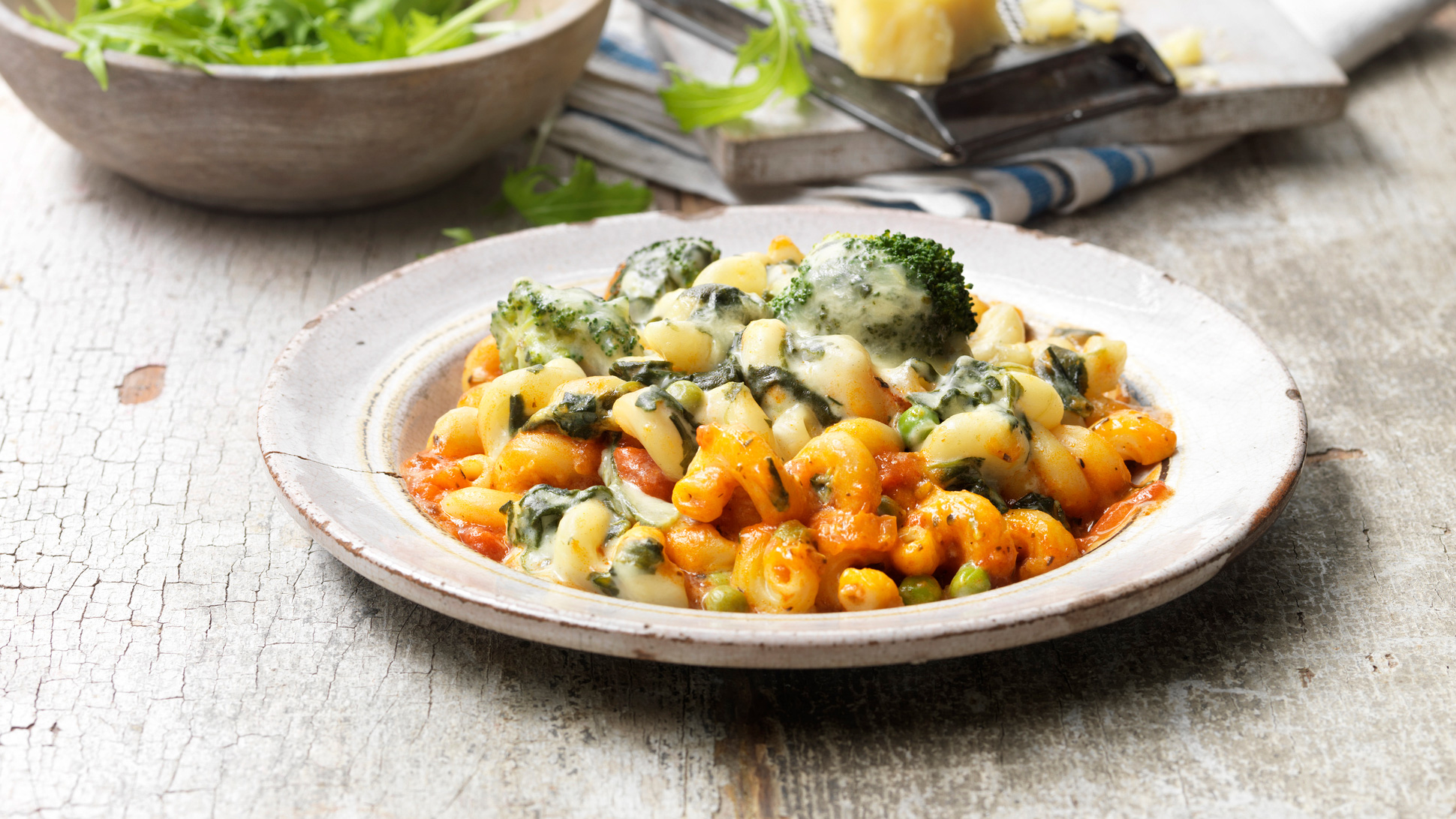Eat meat "five times or less per week" to stay healthy, according to new research
Eating less meat has been linked to lower diabetes and cancer risk. Time to swerve the steak?


If you love bacon and eggs first thing in the morning, you can't get enough of fried chicken, or a good steak has you drooling in anticipation, the prospect of going vegetarian might not seem particularly appealing. However, you can opt for a more "flexitarian" diet, eating meat only occasionally without giving it up entirely, to see health benefits.
Some meat options (chicken breast and salad, for example) are very healthy in isolation, while others, such as barbecue platters and greasy burgers, are less so. But opting for fewer meat options might not just help you lose weight – alongside the best exercises for weight loss – but they may also help lower your cancer and diabetes risk, helping you live longer. To get you started, our list of the best vegan cookbooks can provide some great info on simple, healthy, meat-free weeknight recipes.
The new guidelines come from a scientific paper published by researchers from Oxford University, analyzing data collected from 472,377 British adults. They found people who ate meat five times or less per week had a 2% lower risk of overall cancer, and a 9% lower risk of colorectal cancer, than those who ate meat more often.

Small numbers for meat-eaters, but overall cancer risk decreased by 10% among those who ate fish but not meat, and a larger 14% reduction among vegetarians and vegans.
The research also found that the risk of prostate cancer was 20% lower among pescetarian men, who eat fish but not meat, and 31% lower among vegetarian men. Postmenopausal women who followed a vegetarian diet had an 18% lower risk of breast cancer than regular meat-eaters.
However, the bad news doesn't end there for regular meat-eaters: research published in the journal Nutrients in 2014 found "Meat consumption is consistently associated with diabetes risk". In general, it seems the less meat you eat, the lower your cancer, diabetes, and overall health risks.
Giving up or reducing your meat consumption doesn't have to be a chore: there are still loads of options available for you, especially with the advent of plant-based sausages, burgers, or other meat alternatives.
Get the Fit&Well Newsletter
Start your week with achievable workout ideas, health tips and wellbeing advice in your inbox.
Healthy batch cooks, such as vegetarian curries, chillis, and other "one-pot" dishes, are a great way to not only get multiple meals out of one cooking session, but it'll also save you money as the meat's often very pricey. Our guide to eat healthily on a budget can help benefit your bank balance almost as much as your body.
Matt Evans is an experienced health and fitness journalist and is currently Fitness and Wellbeing Editor at TechRadar, covering all things exercise and nutrition on Fit&Well's tech-focused sister site. Matt originally discovered exercise through martial arts: he holds a black belt in Karate and remains a keen runner, gym-goer, and infrequent yogi. His top fitness tip? Stretch.
-
 I did bird dog every day for seven days and now I understand why trainers recommend it for core strength, spinal health and posture
I did bird dog every day for seven days and now I understand why trainers recommend it for core strength, spinal health and postureThis simple bodyweight move has so many benefits
By Alice Porter
-
 A yoga instructor says this eight-minute routine is all you need to mobilize your entire body
A yoga instructor says this eight-minute routine is all you need to mobilize your entire bodyStiff and achy muscles? Try this
By Alice Porter